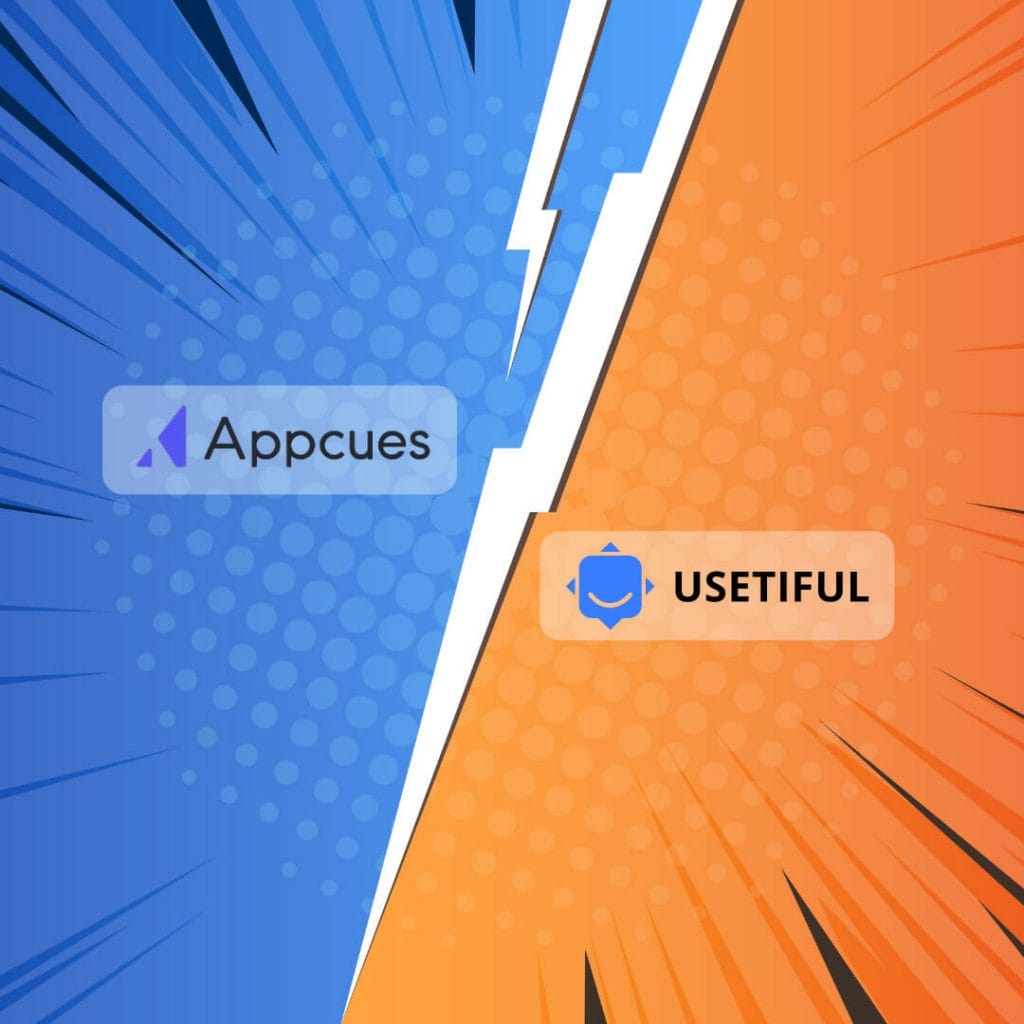Bible study software has become essential for scholars, pastors, and laypeople who are dedicated to in-depth study and analysis of the scriptures. As the industry has grown, a variety of powerful tools have emerged that offer users different features, functions, and experiences. Two of the most popular Bible study software programs are BibleWorks and Logos.
BibleWorks, known for its emphasis on original language studies, offers a powerful text analysis toolset and a comprehensive database of Hebrew, Greek, and Latin texts. On the other hand, Logos leans more toward providing users with an extensive library of resources, including commentaries, dictionaries, and theological works, making it an excellent choice for those seeking a well-rounded software for both biblical study and ministry preparation.
This article aims to provide an unbiased comparison of these two popular Bible study software programs – BibleWorks and Logos – so you can better understand their distinct features, strengths, and potential drawbacks, ultimately helping you make a more informed decision when choosing the right software to support your biblical studies.
About Bibleworks
Bibleworks is a powerful software designed primarily for biblical studies, research, and analysis. The program focuses on providing a comprehensive digital library packed with resources, including biblical texts, lexicons, and dictionaries. With its intuitive interface and specialized tools, Bibleworks is specifically tailored for scholars, pastors, and students who wish to dive deep into the Old Testament, Hebrew, and other biblical languages.
The main strength of Bibleworks lies in its extensive collection of original language texts. The software boasts a wide range of Hebrew, Greek, and Aramaic texts, as well as ancient translations like the Septuagint and the Latin Vulgate. This extensive collection enables users to access and compare various versions of the Bible instantaneously, greatly enhancing the study and research process.
In addition to its vast library of biblical texts, Bibleworks also includes numerous other resources that aid in biblical studies. These resources consist of Bible dictionaries, commentaries, and grammars, which provide comprehensive information on diverse aspects such as historical context, word meaning, and linguistic structures. The software also offers a powerful search engine that allows users to perform in-depth searches and locate information quickly.
One of the key features of Bibleworks is its ability to facilitate research on the Old Testament and Hebrew texts. Its advanced language tools provide users with everything they need for accurate translation and interpretation of Biblical Hebrew. These tools, combined with the software’s efficient organization, make Bibleworks an excellent choice for those engaged in serious Old Testament studies.
Overall, Bibleworks is a highly specialized software that offers a wealth of resources for biblical studies and research. Its emphasis on original languages, powerful search capabilities, and extensive digital library make it an indispensable tool for scholars, pastors, and students seeking to deepen their understanding of the Bible.
About Logos
Logos Bible Software is a powerful and feature-rich tool designed to help you study and understand the Bible. The software offers an extensive library of resources, such as commentaries, dictionaries, and maps, along with advanced search capabilities, making it a valuable companion for both personal Bible study and academic research.
One of the notable aspects of Logos is its speed. With improvements made in the Logos 5 version, the software’s performance has increased significantly, allowing for faster searches and smoother navigation. Furthermore, the Graphics in Logos are impressive, providing visual aids like charts and illustrations that can enhance your understanding of the biblical text.
Compatibility is another strength of Logos. The software is available for both Mac and Windows operating systems, as well as an iOS app, providing a seamless experience across multiple devices. The Biblia web app also allows you to access your resources online, without requiring you to install the desktop application. Logos’ Mac desktop version has been optimized for the platform, resulting in improved stability and performance for Mac users.
Logos offers a customizable layout, allowing you to tailor the interface to best suit your preferences and study needs. The searching capabilities within Logos are advanced, enabling you to find specific words, phrases, or themes in an instant. New features continue to be added regularly, demonstrating the commitment to enhancing the software’s performance and usability.
Logos Bible Software offers a variety of packages, each tailored to different needs and budget constraints. This flexibility allows you to choose the package that best suits your requirements and preferences. A user-friendly interface, combined with comprehensive resources and powerful search tools, makes Logos an excellent choice for deepening your understanding of the Bible and strengthening your faith.
One downside of Logos is that it can be overwhelming to new users. However, as you familiarize yourself with the software and its features, you will likely grow more comfortable and proficient with the interface and capabilities.
Round 1: Best UX

In the SaaS battle between BibleWorks and Logos, Round 1 focuses on the User Experience (UX). This includes aspects such as learning curve, interface design, import options, and module availability for both students and scholars.
For students who are looking to dive into biblical studies, both platforms offer a wealth of resources. However, Logos has a slight edge in terms of module options and language support. As a student, you might appreciate that Logos offers a wider range of English and French resources as well as numerous add-on modules catering to individual needs and preferences.
On the other hand, scholars may find BibleWorks better suited for their advanced research and analysis. The platform excels when it comes to working with the original languages of the Bible, providing a streamlined experience for scholars to study and compare texts.
When it comes to the Learning Curve, Logos has a more intuitive interface, making it easier for new users to navigate the platform and customize their workspace. BibleWorks, while powerful, can be more challenging for first-time users due to its dense and less intuitive interface.
Interface design plays a significant role in UX, and here Logos takes the lead. Its modern and clean layout is visually appealing and provides easy access to tools, resources, and settings. BibleWorks has a more dated appearance, offering a less polished experience, but still remains functional.
In terms of import options, Logos has the advantage with its ability to import a wide range of file formats and to export data to various formats for sharing and syncing across devices. BibleWorks allows for importing files as well, but its functionality is somewhat limited when compared to Logos.
Finally, both platforms offer a range of add-on modules to enhance the overall experience for users. Logos provides a larger selection, covering topics like church history, theology, and preaching resources. BibleWorks mainly focuses on original language resources and textual criticism, catering more towards those with deep scholarly interests.
To sum it up, the UX battle between BibleWorks and Logos shows a stronger leaning towards Logos due to its more intuitive design, module options, and language support, making it a favored choice for students. However, scholars may still prefer BibleWorks for its unparalleled focus on studying original biblical languages.
Round 2: Features Comparison

BibleWorks and Logos both offer a wide range of features to help users with their Bible study. However, the two software programs have some key differences in terms of their focus and the way they provide certain resources.
BibleWorks primarily focuses on original language study, offering tools for Greek and Hebrew word analysis. It also comes with numerous Bible translations as well as tools for Bible study, such as maps and cross-references. On the other hand, Logos has a broader selection of resources, including commentaries, reference works, and e-books. This makes it an ideal choice for users who want to access a wide range of literature for their personal Bible study or sermon preparation.
In terms of search functionality, both software programs provide powerful tools for searching the Bible and other resources in their respective databases. While BibleWorks excels in searching for original language words and analyzing word studies, Logos stands out for its ability to search through commentaries and reference works with ease.
One unique feature of Logos is its integration with print books. With Logos 10, users can scan the ISBN numbers of their physical books, creating a catalog within the software that makes it easy to search and access these resources. Furthermore, Logos offers a wide range of collections tailored to different theological traditions, such as Reformed and Baptist.
Another software program to consider is Accordance. Like BibleWorks, it offers strong original language tools and resources but also has an extensive library of commentaries and reference works. Accordance provides a range of options for customizing your library and resource packages, allowing users to focus on specific areas of interest or study.
Lastly, it’s important to consider the compatibility of these software programs with various devices and operating systems. BibleWorks is a PC program that can run on a Mac through the use of a Windows emulator or Parallels software. In contrast, Logos and Accordance both offer native applications for both Windows and macOS, allowing users to enjoy seamless integration and functionality across devices.
In summary, the choice between BibleWorks, Logos, and Accordance depends on the user’s specific needs and preferences. If original language study and resources are the priority, BibleWorks and Accordance may be more suitable. However, if a comprehensive library of commentaries and reference works is what you’re after, Logos and Accordance offer more robust options. Regardless of the software chosen, each program offers powerful tools to aid in Bible study and sermon preparation.
Round 3: Price

When it comes to purchasing Bible study software, one of the critical factors to consider is the price. Both BibleWorks and Logos offer various packages, each catering to specific needs and budgets.
In terms of cost, BibleWorks tends to be more affordable, with its base package priced at around $389. This package includes most of the essential original language resources, making it a great value investment for those who focus primarily on studying the biblical languages. However, they do not offer as many additional resources as Logos.
On the other hand, Logos has a more extensive range of packages and prices, starting at $99 for their basic package and going up to thousands of dollars for their more comprehensive collections. While the initial investment in a Logos package might be higher compared to BibleWorks, their offerings include multiple resources such as commentaries, lexicons, and theological works, which can be valuable for a broader range of users.
Another factor to consider is discounts and promotions. Both BibleWorks and Logos occasionally offer special pricing, enabling customers to purchase their software at a reduced cost. Additionally, Logos has an affiliate program, which allows users to earn store credit through referrals. This credit can help offset the cost of future purchases or upgrades.
In conclusion, when evaluating the cost of BibleWorks vs. Logos, potential users should weigh the benefits and value of each software package against their specific needs and requirements. While BibleWorks may have a lower upfront cost, due to its focus on original languages at the expense of a more comprehensive library, Logos might be the more suitable option for those seeking a wider range of resources. Determining the right choice will ultimately come down to personal preferences, study habits, and budget limitations.
Battle Decision: Bibleworks Winner

Bibleworks and Logos are both highly-regarded Bible software programs, making a decision difficult for users. Specifically, in terms of original language texts and Wordsearch capabilities, Bibleworks takes the crown. Let’s dive into the reasons why.
First off, Bibleworks has a significant edge in handling original language texts. The software provides a comprehensive set of resources, including an extensive Greek and Hebrew lexicon, along with several major ancient language databases. This makes studying the original language of the Bible more accessible and efficient for users interested in in-depth analysis.
In comparison to Logos, Bibleworks offers a more streamlined approach to Wordsearch. The software’s search functionality is remarkably fast and designed with the primary focus centered on quick and precise searches. This allows users to find specific terms, phrases, or passages effortlessly.
While Logos also offers a wide range of copyrighted resources, Bibleworks stands out with its selection of free and out-of-copyright materials. This enables its users to access a diverse range of texts, commentaries, and resources without incurring additional costs.
Although Logos has its own set of unique features and advantages, when it comes to original language texts, Wordsearch capabilities, and access to resources without copyright concerns, Bibleworks emerges as the winner in this battle.



